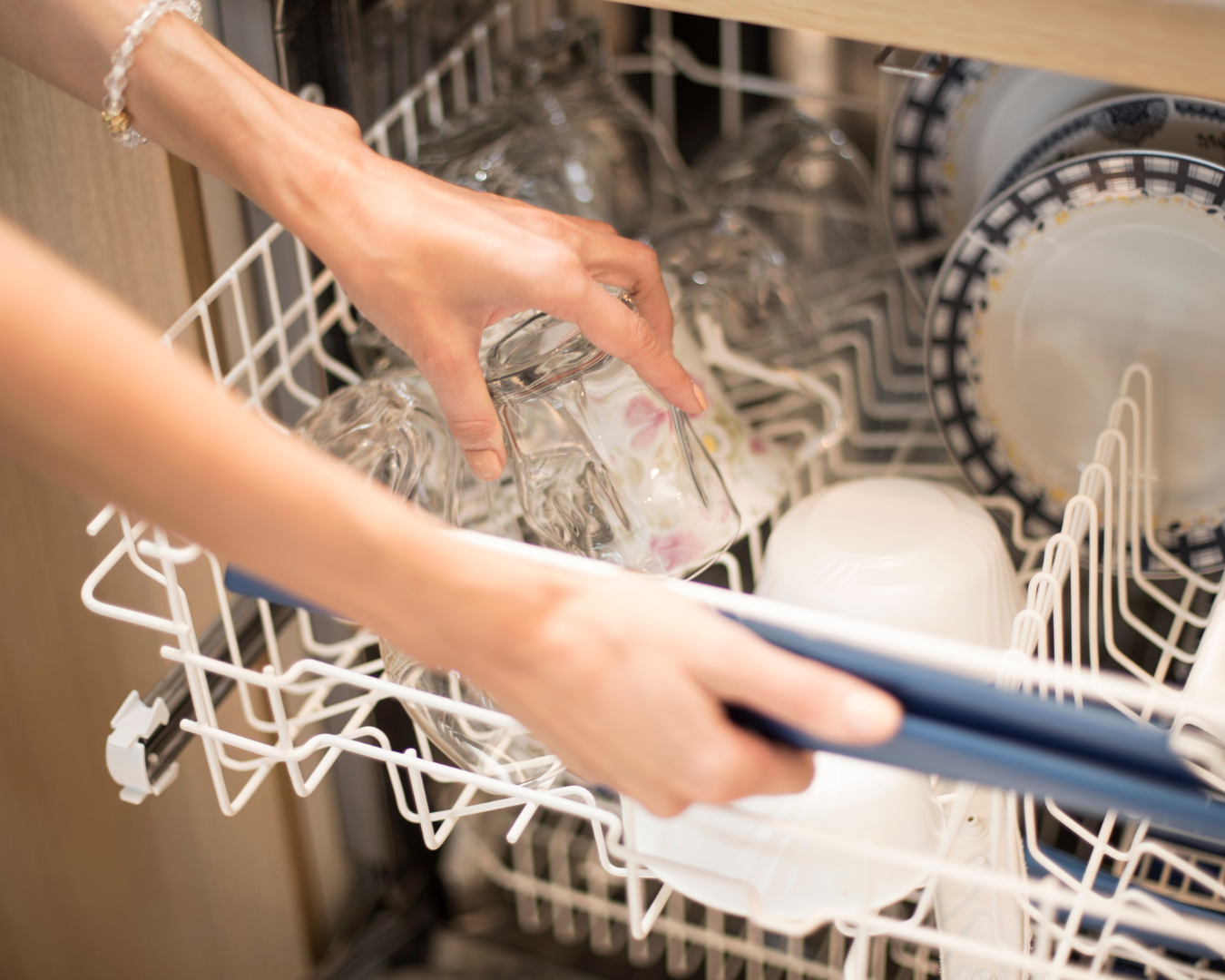Eco-Friendly Dishwashing: Tips for Saving Water and Energy
Dishwashing is a daily chore that can significantly impact the environment through water and energy consumption. By adopting eco-friendly practices, you can reduce your carbon footprint and contribute to a more sustainable lifestyle. Here are some practical tips for saving water and energy while keeping your dishes sparkling clean.
Why Eco-Friendly Dishwashing Matters
- Water Conservation: Dishwashing can use a substantial amount of water, especially if done inefficiently. Conserving water helps protect this vital resource and reduces your utility bills.
- Energy Efficiency: Heating water for dishwashing consumes a lot of energy. By using energy-efficient methods, you can lower your energy consumption and reduce greenhouse gas emissions.
- Environmental Impact: Eco-friendly dishwashing practices minimize the release of harmful chemicals into the environment, promoting a healthier ecosystem.
Tips for Eco-Friendly Dishwashing
1. Use an Energy-Efficient Dishwasher
Modern dishwashers are designed to use less water and energy than older models or hand washing. Look for Energy Star-rated dishwashers that are specifically designed for efficiency.
How to Maximize Dishwasher Efficiency:
- Load Properly: Arrange dishes to allow water to circulate freely, ensuring they come out clean without the need for rewashing.
- Full Loads Only: Run your dishwasher only when it’s full to maximize water and energy use.
- Eco Mode: Use the eco or energy-saving mode if your dishwasher has one. This setting uses lower temperatures and less water.
2. Skip the Pre-Rinse
Most modern dishwashers can handle dirty dishes without the need for pre-rinsing. Scrape off large food particles instead of rinsing dishes under running water.
3. Hand Wash Wisely
If you prefer hand washing or have a few items to clean, follow these steps to minimize water and energy use:
- Use a Basin: Fill a basin or the sink with soapy water instead of letting the tap run continuously.
- Rinse Efficiently: Use a second basin of clean water for rinsing or rinse all the dishes together after washing.
- Avoid Hot Water: Use warm water instead of hot water to save energy on heating.
4. Choose Eco-Friendly Dish Soap
Select dish soaps that are biodegradable and free from phosphates and harmful chemicals. These soaps are better for the environment and safer for your health.
5. Air Dry Dishes
Skip the heat-dry cycle on your dishwasher and let your dishes air dry. You can open the dishwasher door after the wash cycle is complete or use a dish rack for hand-washed items.
6. Fix Leaks and Maintain Your Dishwasher
A leaky dishwasher or faucet can waste a significant amount of water. Regularly check for leaks and maintain your dishwasher to ensure it operates efficiently.
7. Use Cold Water for Pre-Soaking
If you need to soak heavily soiled dishes, use cold water instead of hot. This helps save energy while still loosening food particles.
8. Install a Water-Efficient Faucet
Consider installing a faucet with a low-flow aerator in your kitchen sink. This reduces the flow rate without compromising water pressure, helping you save water during hand washing.
9. Reuse and Recycle
Reuse dishwater for other purposes like watering plants if you’re using biodegradable soap. Also, recycle plastic and glass containers whenever possible to reduce waste.
Adopting eco-friendly dishwashing practices is a simple yet effective way to conserve water, save energy, and protect the environment. By making small changes to your dishwashing routine, you can contribute to a more sustainable lifestyle. Implement these tips today and enjoy the benefits of a greener, more eco-conscious kitchen.

